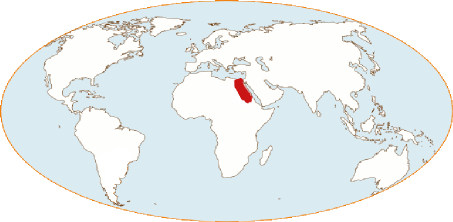Who brewed beer in the Old Egyptian Empire?
Basically, three institutions are organised to produce, distribute and consume beer: the royal estates and workshops, the temples and the pharaoh's palaces[1].
- The royal domains. Pharaoh, god-king incarnate, is the owner of the land, of all that it contains and produces: personnel, buildings, tools, crops, herds, quarries, etc. The estates are managed directly by the royal administration - the « castles » (hout) or the towns (niout), are attributed to civil servants as retribution for their duties in the service of the State.
- The royal temples and the royal funeral foundations inherit agricultural domains to maintain their clergy, staff, perpetuate rites, pray to the gods and protect Pharaoh.
- The court of the pharaoh and his entourage consume a lot of special beer.
These three institutions have their own rules of operation. The brewery plays a particular social role each time and uses appropriate brewing techniques.
The King's agricultural and craft estates employ a very large number of staff. The operation is simple: work against material maintenance. Each farm worker, each craftsman exchanges his work for bread, beer, a piece of clothing and a few foodstuffs that enable him to live with his family. The beer brewed for this staff is the most ordinary. Its function is clearly to feed and its compostion must be nourishing.
Temples and sanctuaries must organise the regime of offerings (bread, beer, fruit, meat, ...) due to each god, day after day. The brewery must produce beers that are pure, of special and constant quality.
Lastly, the pharaoh's court drank large quantities of beer. It seems that both drunkenness and special brews (scented, strong, mixed beers, etc.) prevail in this social privileged context.
[1] Helck Wolfgang 1971, Das Bier im Alten Ägypten. Berlin.



